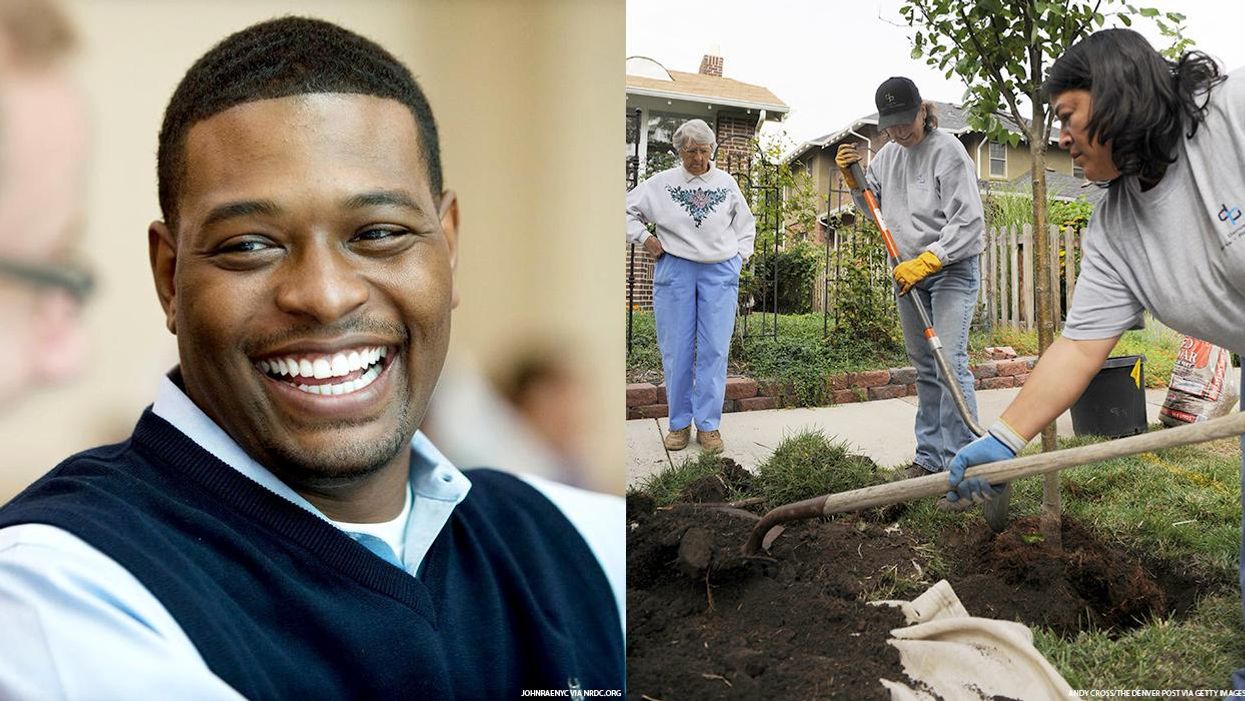The Environmental Protection Agency is establishing a new office to rectify the challenges underserved communities encounter in the face of climate change.
Michael S. Regan, administrator of the EPA and the first Black man in the position, announced on Saturday the creation of the Office of Environmental Justice and External Civil Rights, which seeks to correct damages from inclement weather that disproportionately strain low income areas and communities.
“From day one, the president and E.P.A. have been committed to not just making progress on environmental justice and civil rights, but to ensure that environmental justice and civil rights are at the center of everything we do, that we enshrine it in a way that outlasts any of us," Regan told the New York Times.
The office will merge three existing branches -- the Office of Environmental Justice, External Civil Rights Compliance Office, and Conflict Prevention and Resolution Center -- into one national organization, which will enforce new air, water and chemical safety regulations to alleviate damage from climate change in underprivileged and minority communities. This could possibly entail stricter controls on pollution and emissions.
The EPA's announcement comes in the midst of Jackson, Mississippi's ongoing water crisis. Like Flint, Michigan just a few years before, the predominantly Black city has been facing a infrastructural crisis where outdated pipes exacerbated damages to a major water treatment plant.
Regan continued: “When you look at the way E.P.A. does this risk analysis to determine the level of stringency for protecting communities, we will take into account communities and how they have been impacted over time. And how those regulations in the past may not have been as protective of some communities, as we are positioned to do moving forward.”
Regan announced the national office on Saturday in Warren County, North Carolina, at the site of the 1982 PCB protest. Forty years ago, 55 protestors were arrested at a peaceful rally after the government selected a predominantly black community to dispose of PCB-laced soil in, which subsequently damaged the local water supply. The protests are often credited as the spark that jumpstarted the environmental rights movement.
Dollie Burwell, one of the protestors arrested at the North Carolina toxic dump, said: "[It's] another milestone to those of us who made sacrifices and went to jail, that somebody’s listening. I’m excited to see the merging of the offices of environmental justice and civil rights."
Burwell noted that the Biden Administration must take further steps to achieve environmental justice, but added: “As a person who attended segregated schools, I expect incremental achievements.”


















































